


Cultural exchange of the world: Heroic Vietnam
Throughout a history of a thousand years of building and defending the nation, Vietnamese culture has crystallized into many important forms, reflecting the profound process of struggle, labor, and continuous creativity of the people. The most prominent aspect of Vietnamese culture is the respect and preservation of traditional values, especially those related to family, villages, and a strong sense of community.
1. A portrait of a heroic Vietnam
1.1. Core culture
Agricultural culture of rice cultivation: Stretching across the alluvial plains of major rivers, Vietnam has long centered its focus on rice cultivation. Folk songs and proverbs about water and agriculture still resonate, such as "First water, second fertilizer, third labor, fourth seed," showing the importance of land and agriculture in the lives of the Vietnamese people.
Family - The cell of society: Vietnamese people particularly value family, with a deep-seated ancestral worship culture, showing gratitude to past generations. Traditional family life is characterized by a strong sense of humanity, emphasizing loyalty and respect, thus creating a cohesive and resilient society.
Village culture: With a strong sense of community and self-governance, each village maintains its own customs, but all share a common core value: "love the village, love the nation." Village festivals, temple and pagoda architecture, and ancestral worship are evidence of the unity in Vietnamese culture from the North to the South.
Patriotism: Under the pressures of invasion and assimilation from the North, the Vietnamese people's spirit of patriotism has been forged through heroic historical narratives. The national pride is demonstrated through the preservation of indigenous culture, the honoring of ancestors, and the defense of territorial sovereignty.
Ethnic diversity and unity: Vietnam is a multi-ethnic country (54 ethnic groups), with the Kinh ethnic group being the majority and playing a leading role in culture. The history of Vietnamese cultural development reflects a spirit of respect, openness, and voluntary cultural exchange among ethnic groups, without prejudice or coercion. This cultural diversity is the potential and strength of the nation, contributing to enhancing international relations, fostering friendship, and mutual understanding.
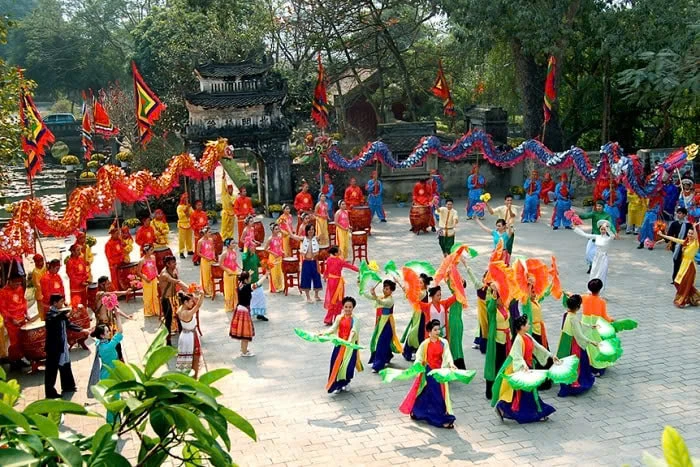
1.2 Human life in the new era
Vietnamese cuisine has become an indispensable part of cultural identity. This is not only maintained through traditional dishes (such as square glutinous rice cake and pyramid-shaped glutinous rice cake) but also by incorporating international culinary essences. Dishes like pho, banh mi, etc., have transcended borders and become symbols of Vietnamese cuisine worldwide.
Vietnamese arts and festivals such as reformed opera, traditional opera, tuong (classical drama), the Hung Kings Temple Festival, the Giong Festival, etc., are still preserved and promoted through cultural programs and artistic events to help young people and international visitors better understand the cultural heritage of the nation.
In the context of international integration, Vietnamese cultural life has been influenced by other cultures. The cultural exchange between Vietnam and other countries has brought diversity and richness to modern culture, such as EDM music festivals, opera performances, ballet, international culinary exchange programs, etc.
The spirit of optimism is one of the living philosophies of the Vietnamese people, always focusing on the most positive and optimistic aspects, seeing rays of hope in suffering.
The culture of morning coffee and baguette remains a distinctive feature of Vietnamese culture. From the ancient capital of Hue, the Old Quarter of Hanoi, to Ho Chi Minh City, we encounter people enjoying a hot cup of traditional Vietnamese coffee, nutritious baguette, and somewhere, old newspapers are still being sold, creating a beautiful picture of contemporary Vietnam.
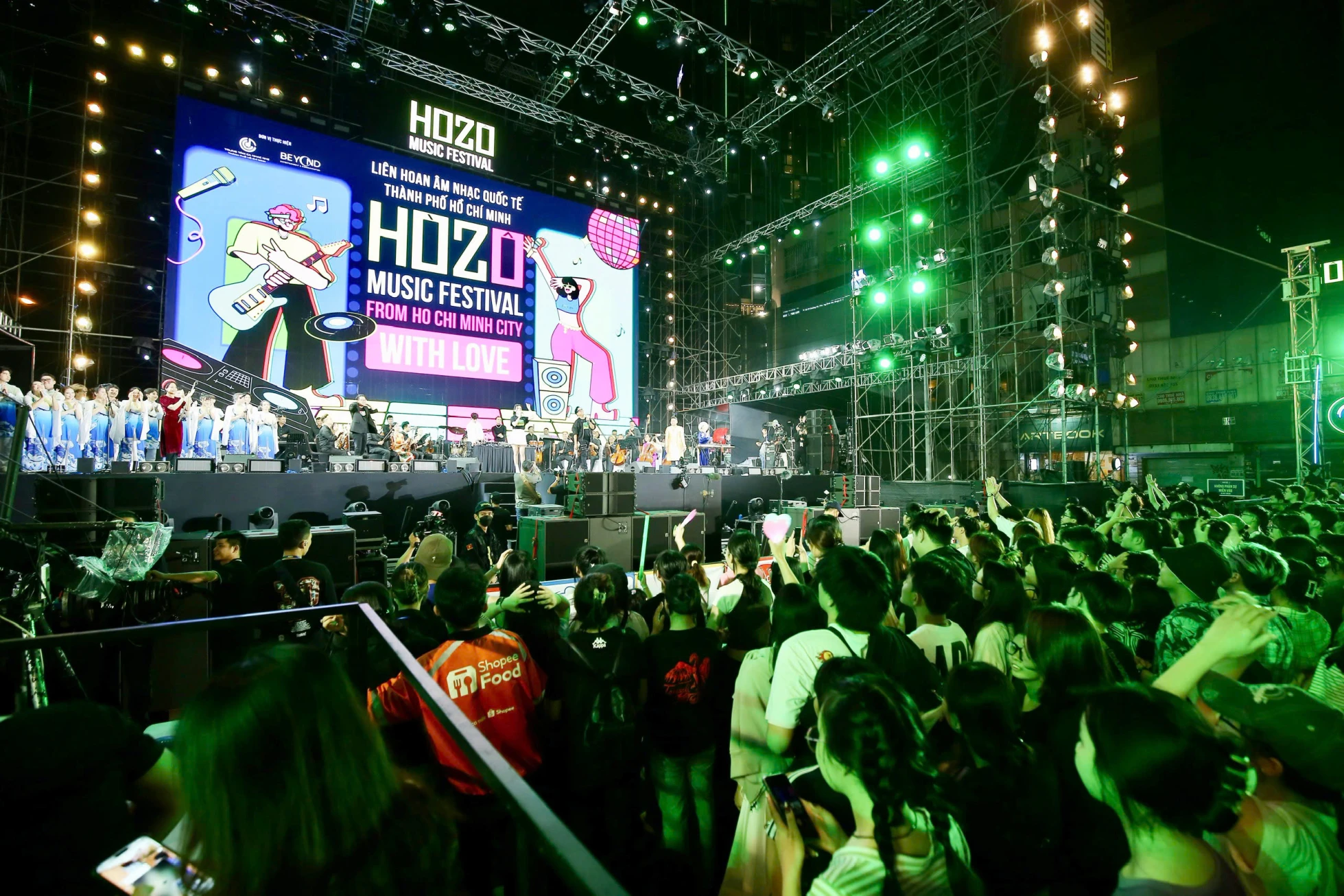
2. Experience Vietnamese Culture
Continuing the International Cultural Exchange Series #Innovation4Culture, aimed at developing individuals and understanding the cultures of happy countries under the theme of #Innovation4Happy in 2024. InterLOG is organizing a cultural exchange event about Vietnam, featuring activities such as decorating conical hats, cultural quizzes with prizes, and more. Additionally, the core value of #Happy_Happy is also demonstrated through the joy of celebrating birthdays for September-born members with red envelopes and delicious cakes.
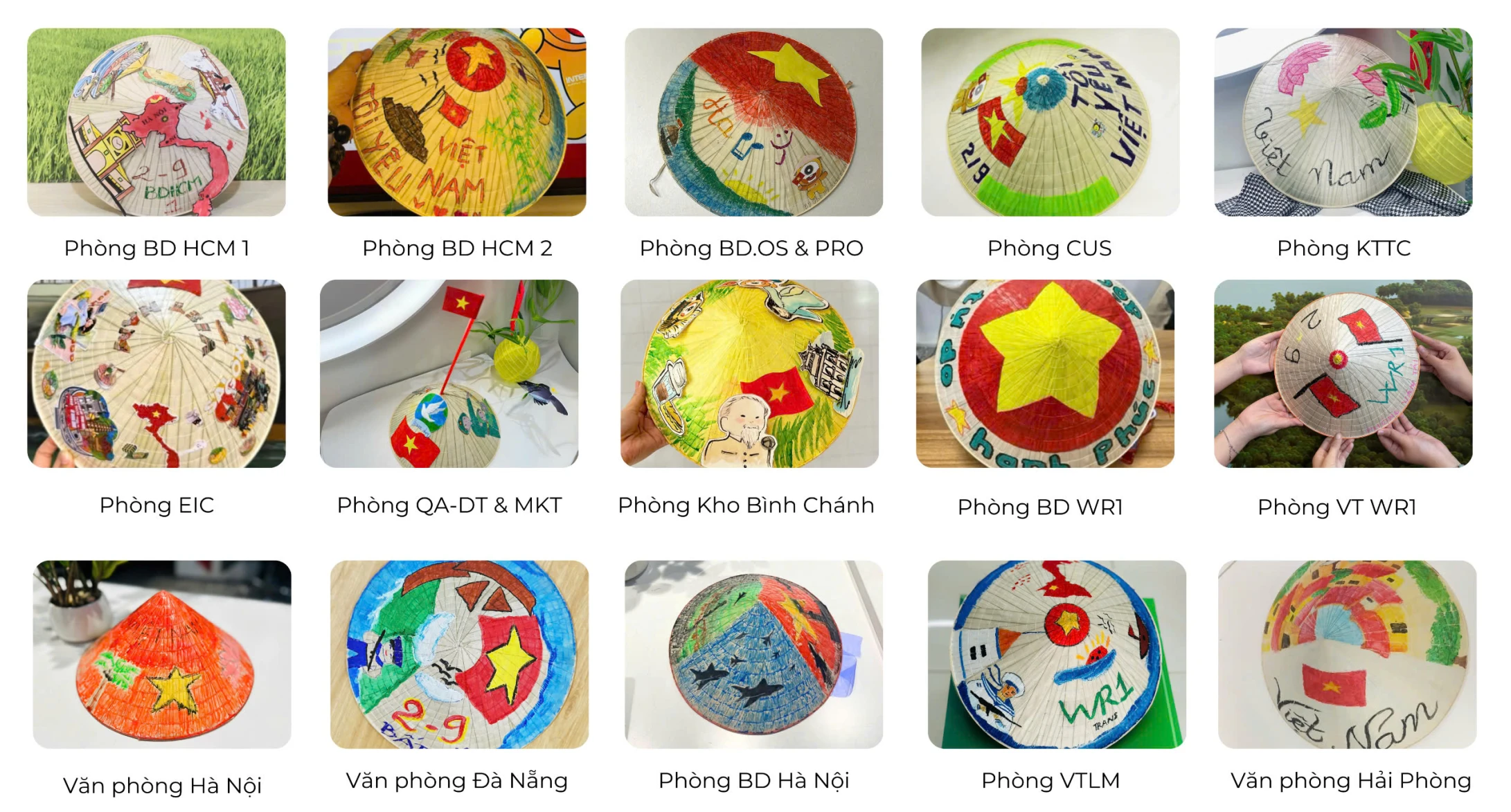
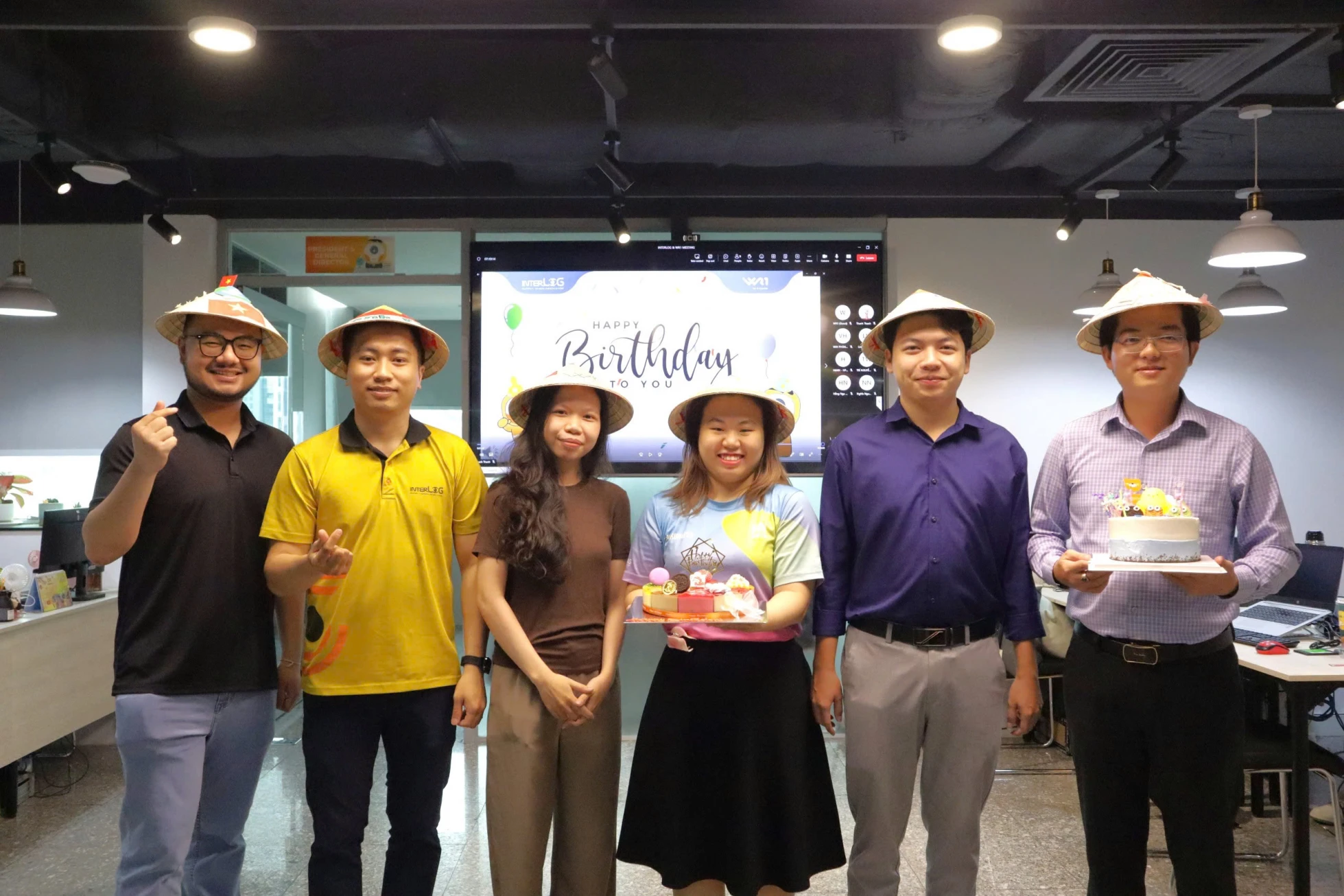
With the spirit of "Innovator - Innovation4Culture," participating in these activities not only helps people better understand the cultures of happy countries around the world but also honors the spirit of innovation and sustainable development. This also reflects InterLOG's efforts in innovating from within the organization, from its members, with the aim of moving towards a sustainable ESG development model.
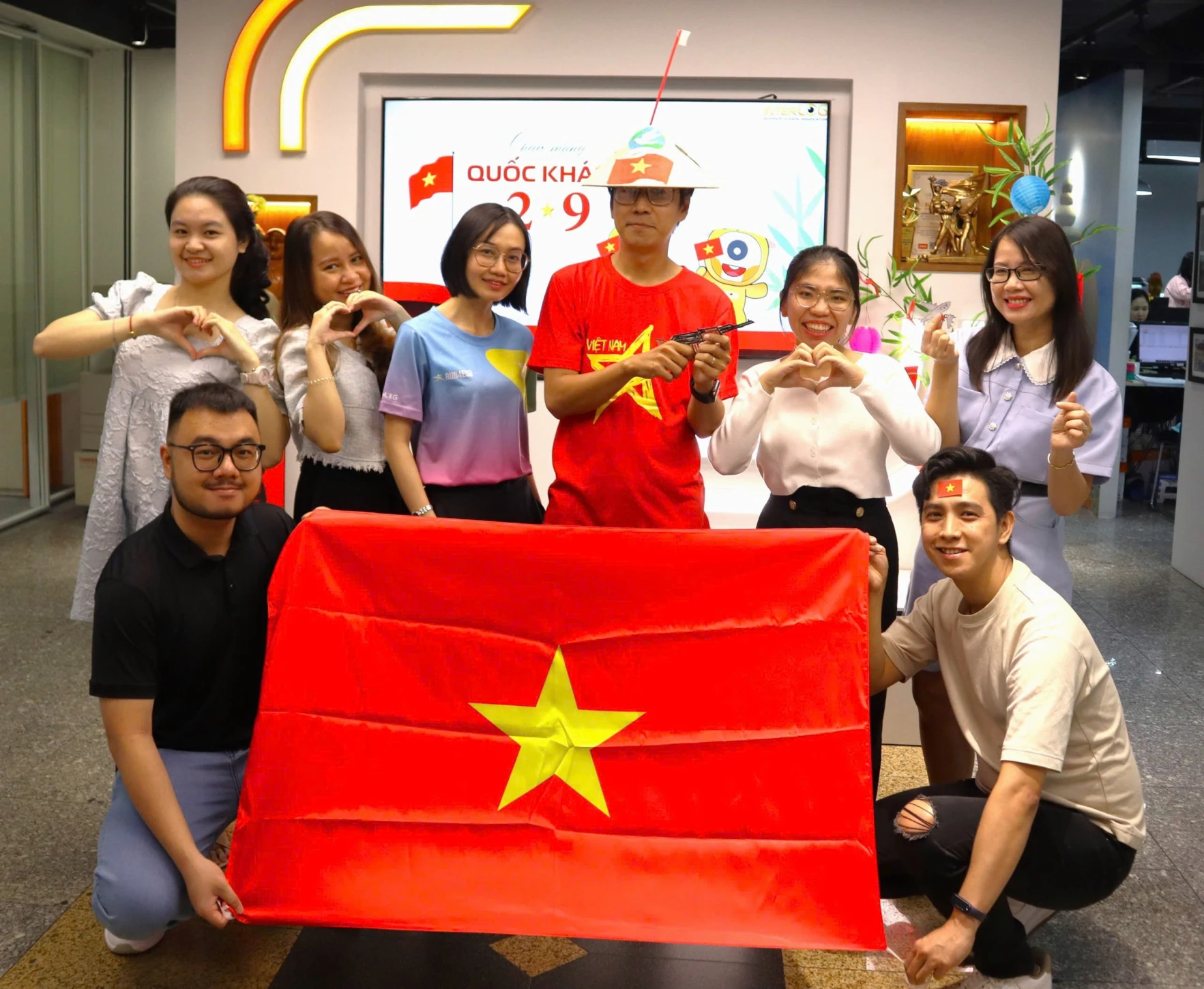
Learn more about the Journey to Happiness HERE


